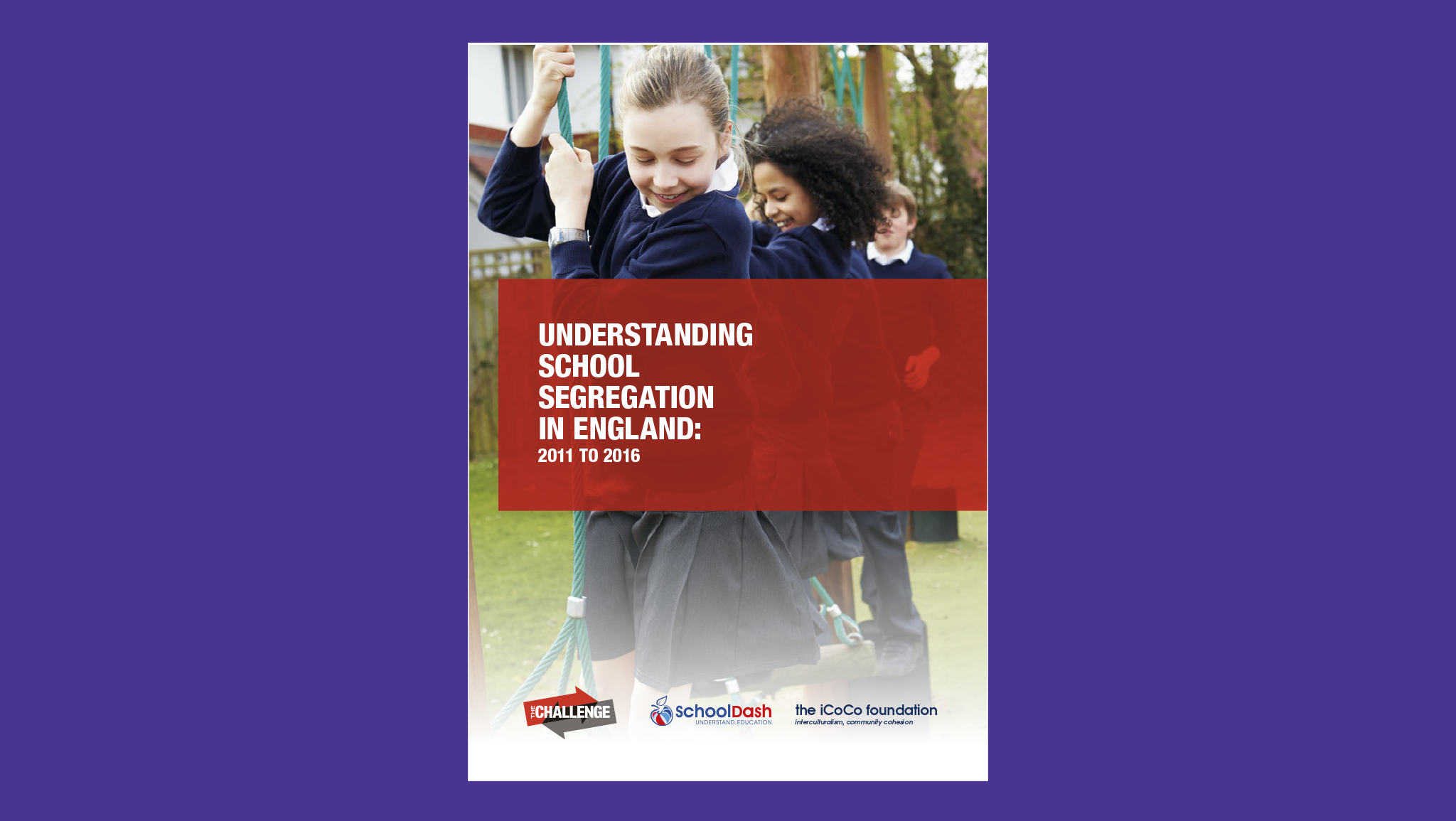This study, carried out by the iCoCo Foundation, SchoolDash and The Challenge, sets out to understand how segregated schools are according to socio-economic status and ethnicity, and to evaluate these trends over a five-year period. Trends are also examined by school type: free schools, local authority maintained, academies, grammar and other selective schools and those of a religious. Across all schools in 2016, 26% of primary schools and 40.6% of secondary schools were found to be ethnically segregated or potentially contributing to segregation; while 29.6% of primary schools and 27.6% of secondary schools were found to be segregated by socio-economic status. Based on these findings, the report sets out six recommendations.
Working with the Institute of Community Cohesion (iCoCo) Foundation and education data analytics company, SchoolDash, The Challenge conducted research on segregation in England’s 20,000+ state schools. We found that thousands of schools are divided along ethnic and socioeconomic lines. The report set out six key recommendations to ensure school intakes are more representative of local communities across both ethnicity and socio-economic status. This included recommendations for central government, local government and all individual schools.

